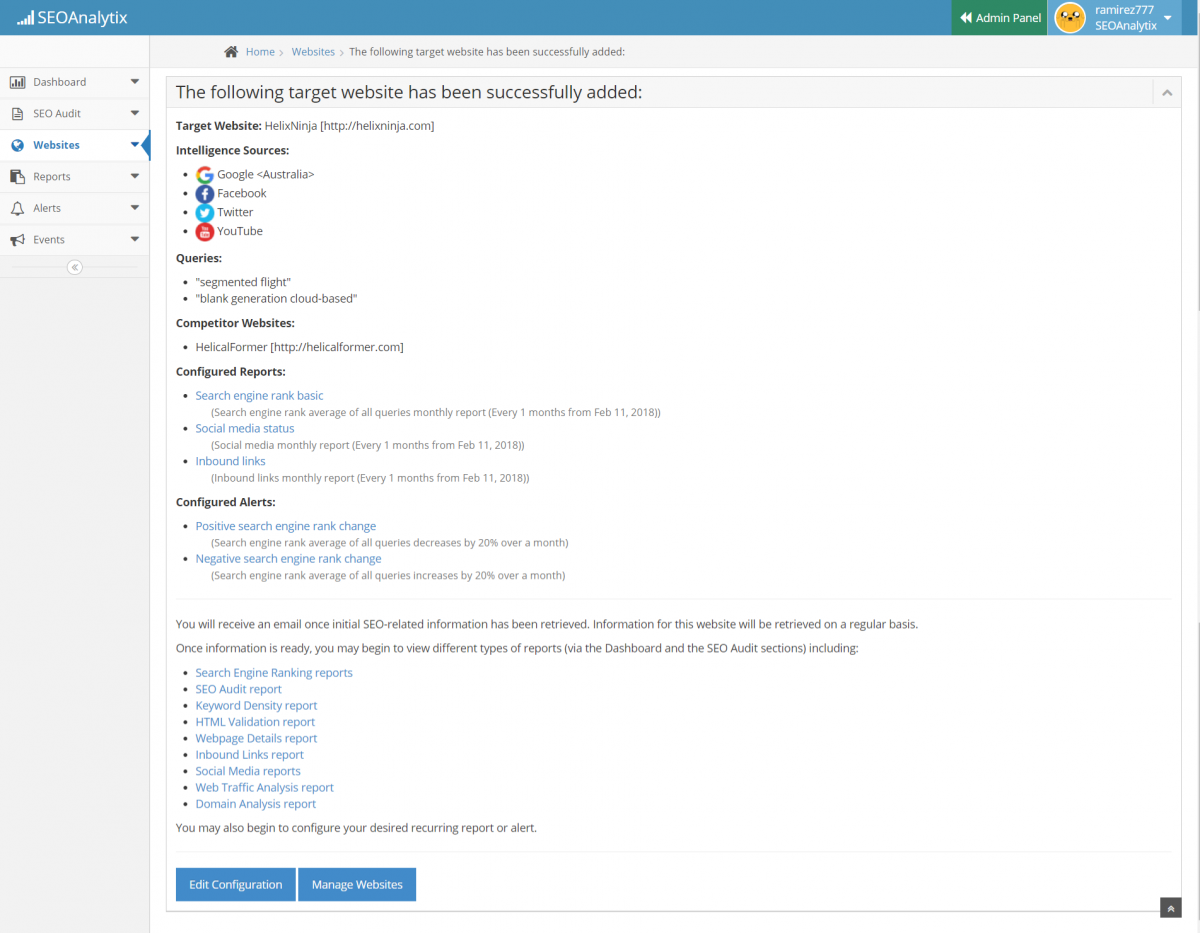Be it having a top ranking on Google SERP (search engine results pages) for your website or helping your potential clients to find you easily, SEO is something that you just can’t ignore. But when the self-proclaimed experts make it sound like a tough job and hiring an SEO professional is way out of your budget, what do you do? Well, the answer is simple: Take the DIY route. In the realm of SEO, a lot can be done based on what your business goals are and how much time as well effort (and sometimes even money) you are willing to invest. Assuming you are just getting started with SEO, here are some simple do-it-yourself steps that can set the ball rolling:
- Do your keyword research: Since keywords are the search terms and key phrases that your potential and existing shoppers would use to find your products/services, you need to short-list a few that suit your business the best. Be it by using free keyword research tools like Google Keyword Planner (that requires you to have an AdWords account), SEOAnalytix (which provides high quality suggested keywords for your target website – even when using the free trial or free plan), or paid tools like SEMRUSH, Ahrefs, SEOAnalytix etc (most of which offer you a free trial period), you can make a list of some keywords that are related and relevant to your niche. Asking your customers what words/terms they use to mention or search for your products (by using an online survey) can also help you to find some effective keywords.
- Learn from your competitors: If doing everything from scratch sounds like a herculean task, simply analyze 2-3 of your competitor sites to find what keywords work for them, how they are used in the content and Meta Tags, what type of inbound and outbound links they have etc. You can then tweak such information to make them suit your business better and start implementing your SEO plans by cutting much of the initial legwork. It is recommended to use free or inexpensive quality SEO tool such as SEOAnalytix (which provides high quality suggested competitor websites and comprehensive competitor analysis) to help with performing all the tedious work.
- Optimize your content for the chosen keywords: Be it short-tail or long-tail keywords, make sure that your website content uses them the right way to get them ranked on SERPs. Since the shorter keywords are usually more competitive (which means you would have to spend a lot of money, effort and time to get them ranked), focusing on relevant long-tail keywords (that drive as much traffic as their short-tail counterparts but are easier to rank for) in your blogs, website content, articles etc is recommended.
- On-page optimization tips: Your web page’s title tag is still the most significant SEO attribute. So, make sure to use your main keyword as close to the beginning as possible in the title tag. Using one or two keywords in your meta description and H1 tag is another important step to remember. Make sure to use keywords and their variations in your image ALT tags and web content. However, don’t overuse the keywords in your web pages (called keyword stuffing) or they will look spammy and your pages will be penalized by Google and other search engines. Again, it is highly recommended that you use free or inexpensive SEO tool (such as SEOAnalytix) that perform SEO Audit and on-page analysis to avoid wasting time performing tedious tasks.
- Understand and use Google analytics: Just as financial reports are crucial to accounting, so are analytics in the realm of SEO and digital marketing. Do some homework to understand Google Analytics better and the type of reports it generates with respect to visitor behavior, traffic, conversions etc. This will help you to understand which specific countries or devices are sending traffic to your site or specific web pages, how your landing pages are doing (in terms of impressions, clicks, click-through rates etc), common search terms or phrases your visitors use to find you and land on your site, and much more. You can then use such data to fine tune your SEO efforts to bring in better traffic and end results.
SEO isn’t a magic pill that would start working and giving results overnight. Rather, you have to be consistent with your effort and learn as well as implement the tips and tricks to reach your desired traffic and business conversion goals.



